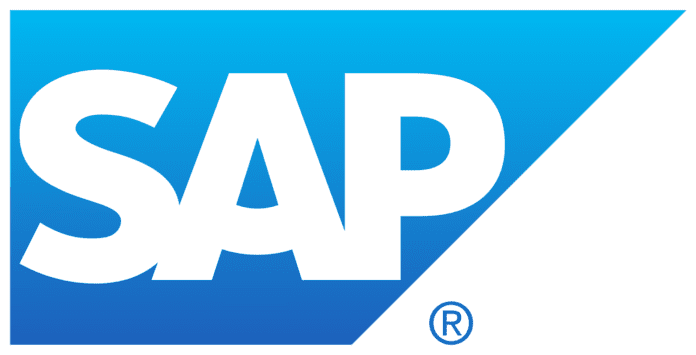The overall SAP Business Technology Platform (BTP) is an integrated offering comprised of four technology portfolios: database and data management; application development and integration; analytics; and intelligent technologies.
As part of this, SAP database and data management solutions are all about enabling control of the data landscape with an end-to-end view of all data through one single gateway.
Databases
SAP databases securely provide transactional and analytical processing across on-premises, hybrid, and multi-cloud environments:
- SAP HANA
- SAP HANA Cloud
- SAP IQ
- SAP Adaptive Server Enterprise
- SAP SQL Anywhere
Data Management
On the data management side, SAP has a number of tools to identify, gather, analyze, and make data available throughout the enterprise:
- SAP Master Data Governance
- SAP Data Intelligence
- SAP Information Steward
- SAP Data Quality Management, microservices for location data
- SAP PowerDesigner
- SAP Information Lifecycle Management
- SAP Landscape Transformation Replication Server
- SAP Data Services
See more: AWS Data Portfolio Review
Data use cases
There are a great many use cases for SAP data tools:
- Transactional database to process payments and other business transactions
- Analytical processing for business intelligence engines
- Application development and integration of data management and analytics tools
- Artificial intelligence (AI), machine learning (ML), and in-depth analytics.
- In-memory analytics and processing to deliver content and conclusions in near-real time
- Cloud database management for those wanting to operate databases in the cloud or migrate databases to the cloud
- Management of unstructured data
- Governance of data, including compliance and privacy
- Improving the quality of data
- End-to-end management of the data life cycle, including when to dispose of data and when to archive
Data case studies
SAP is used by organizations around the world. As such, there are hundreds of use cases highlighted in case studies. These range from massive global organizations to small-to-medium businesses that are data-centric.
The San Jose Sharks NHL hockey team used the SAP data management platform to boost marketing campaign effectiveness by 37% and ticket revenue by 12% while cutting season ticket churn by 20%.
“We can now find patterns in our data and focus our resources on campaigns that need them the most,” says Neda Tabatabaie, VP of business analytics and technology, San Jose Sharks. “Preventing season ticket holder churn is of huge value.”
A decision analyst working in health care says about SAP Master Data Governance: “The features and functions provided are great, and it is better than most of the CRM software. SAP provides an excellent platform for all the data-related and analytical works. Also, the centralized governance of data provides great consistency and transparency into the data.”
A database administrator in the communications industry says about SAP HANA: We moved from DB2 to Hana this year. We have received feedback from users that applications are fast now, they are able to leverage analytical SAP apps. I can summarize the benefits: 1. High processing speed 2. Able to leverage predictive and analytical capabilities. High availability DB.”
Partnerships
SAP has active partnerships with thousands of companies around the world.
This encompasses a vast reseller or VAR ecosystem, IT companies harnessing SAP technology for their own products and services.
A number of tech industry leaders also have integration partnerships with SAP, such as Amazon, Google, Azure, Cisco, and others.
Industry recognition
SAP has earned plenty of accolades over the years.
It is consistently highly ranked in Gartner Magic Quadrants (MQ) and Forrester Wave analyses. Here are a couple examples:
- Analyst leadership: SAP is a Leader in the Gartner: 2020 Magic Quadrant for Cloud DBMS
- Analyst leadership: SAP is a leader in the Forrester Wave: Data Management for Analytics, Q1 2020
In addition, SAP HANA came out very well in the BARC: The Data Management Survey, July 2020, which highlights peer group recognition. It is a global survey of enterprise users that compares products to their direct competitors and done by the Business Application Research Center (BARC).
This study noted that SAP HANA held 18 top rankings and 21 leading positions based on industry key performance indicators (KPIs). In addition, 75% of surveyed users chose SAP HANA due to its ability to scale. This compared favorably against the industry average of 59%. Similarly, 75% of users rated its innovative strength as either excellent or good. Again, this is above the industry average of 64% for competitive tools.
See more: Google Data Portfolio Review



